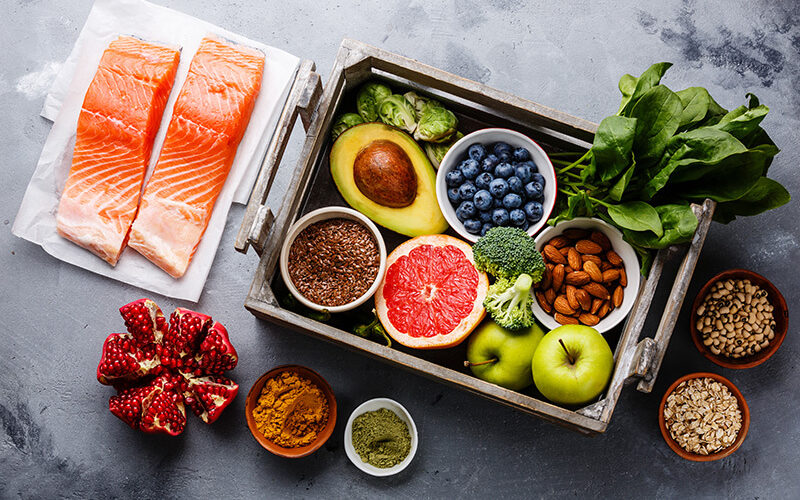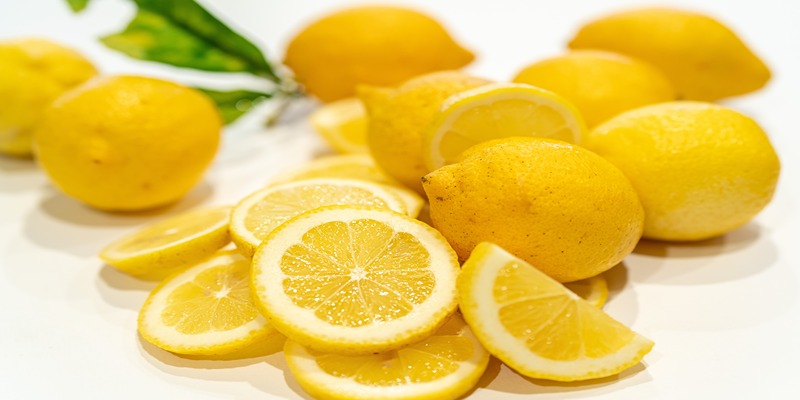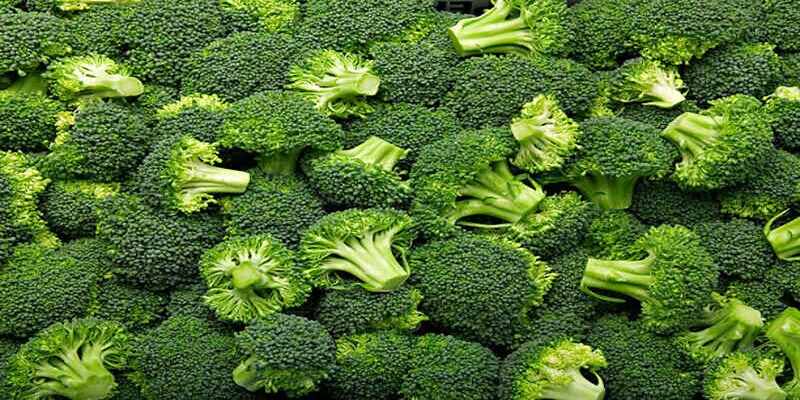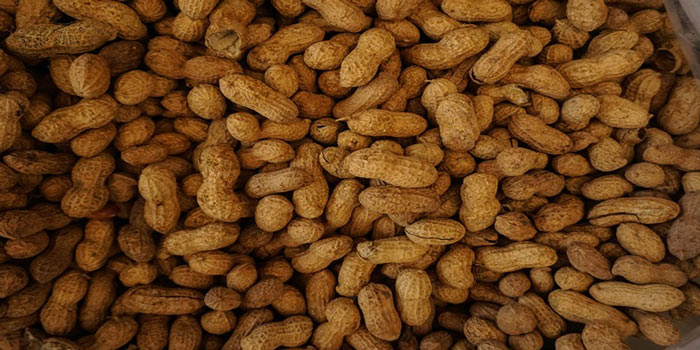Foods That Should Never Go Out of Stock: Healthy Essentials
Nov 11, 2023 By Nancy Miller
It would help if you had a well-stocked kitchen to whip up a healthy supper quickly. Many well-liked nutritious foods, however, have a short shelf life and need to be used within a few days, prompting many home cooks to go through their supplies rapidly.
Even if you run out of your usual go-to foods, you can still produce nutrient-dense meals and snacks with the help of some nutritious, long-lasting staples in your cupboard, freezer, and refrigerator.
Beans And Lentils, Canned Or Dried

Eat lots of beans and lentils because they are among the healthiest foods. Beans and lentils, both dry and canned, have very long shelf lives, making them a great option for a stockpile of non-perishable foods. In reality, canned beans may be preserved in the pantry at ambient temperature (68℉ or 20℃) for 2–5 years, whereas dry beans can last ten or more years.
Drying beans removes the moisture that would otherwise be present, allowing for rapid microbial development and a much shorter shelf life. Beans and lentils, whether canned or dried, contain a wealth of minerals such as fiber, magnesium, B vitamins, and iron, and they can be stored for a long time without going bad. Chili, soups, and salads all benefit from the use of beans of various colors and textures.
Nuts And Seed Butter
Nuts and seeds are nutrient powerhouses because they include heart-healthy fats, satiating protein, satisfying fiber, and a wide variety of vitamins and minerals. Depending on the variety, nuts and seeds have a shelf life of one month to four months when stored at room temperature, making them a practical pantry staple.
Natural nut and seed butter offer a durable, nutritious option compared to their processed, sugar- and oil-laden commercial competitors. Oatmeal and salads are some recipes that might benefit from adding nuts and seeds.
Smoothies benefit greatly from including nut or seed butter, which also make tasty additions to sauces and fast, filling snacks when smeared over fruits and vegetables.
Grains

Salads, grain bowls, soups, and pilafs, all of which feature grains, are excellent options for when time is of the essence. Storing grains like spelled brown rice, and quinoa for months or years at room temperature makes them a cost-effective bulk purchase.
In addition, heart disease and several types of cancer may be averted by consuming these grains since they are rich in fiber and micronutrients, including B vitamins, manganese, and magnesium.
Frozen Veggies And Fruit
Berries and greens are only two examples of how quickly you have to eat them before they go bad. The convenience of having healthy, nutrient-rich foods on hand is made possible by purchasing these items in frozen form.
Nutrition-wise, and veggies are equal to fresh produce in vitamin richness, making them a healthy and practical freezer staple. You can use frozen greens in a variety of ways, including in soups, smoothies, and sautés.
Frozen berries may be utilized in the same ways as fresh ones, making oatmeal, smoothies, baked products, and yogurt parfaits naturally sweeter.
Honey And Maple Syrups
Sometimes, we could all use a little sugar. Natural sweeteners like honey and maple syrup have their advantages over refined sugar. Raw honey, for instance, is rich in antioxidants and has antibacterial and anti-inflammatory qualities.
Also, maple syrup has a lot of antioxidants and a few trace levels of minerals, including magnesium, potassium, and manganese. Both sweet and savory dishes can benefit from adding honey and maple syrup.
Remember that too much sugar from any source is bad for your health, so use artificial sweeteners carefully.
Useful Cooking Fats
Certain oils can be stored for a year or longer at room temperature without going rancid, depending on the fat. Because of this, you may stock up on these foods to always have a good fat option. These healthy fats can be used in cooking to improve flavor and the body's ability to absorb fat-soluble nutrients, including vitamins, minerals, and antioxidants.
Probiotics
Sauerkraut, kimchi, and pickles are just a few examples of the many fermented foods that are both tasty and useful. Improved gut health has been linked to a lower risk of inflammation and blood sugar fluctuations.
Because of their long shelf life, you may store them without worrying about spoiling. It's possible to keep pickles and sauerkraut for 18 months without refrigeration. These condiments and preserves are delicious in their own right, right out of the jar, or as a savory addition to various recipes.

Unveiling the Health Benefits of Nutritious Lemons

Transforming Child Nutrition: Free Training Opportunities for Early Childhood Providers

Broccoli: The Superfood with Incredible Benefits

Unhealthy Foods For Fatigue
How Partnerships Are Strengthening Health Promotion Initiatives in Schools

Unveiling Peanut Nutrition Facts and Health Benefits for a Better Lifestyle

Struggling with Skin Picking? Here’s How to Break the Cycle!


